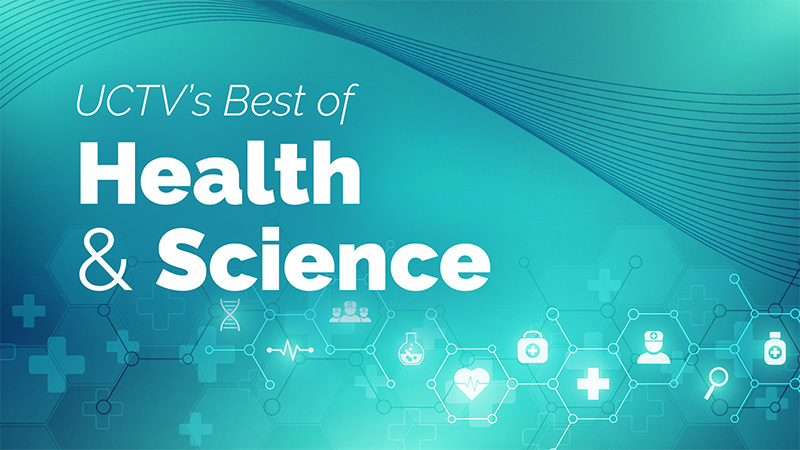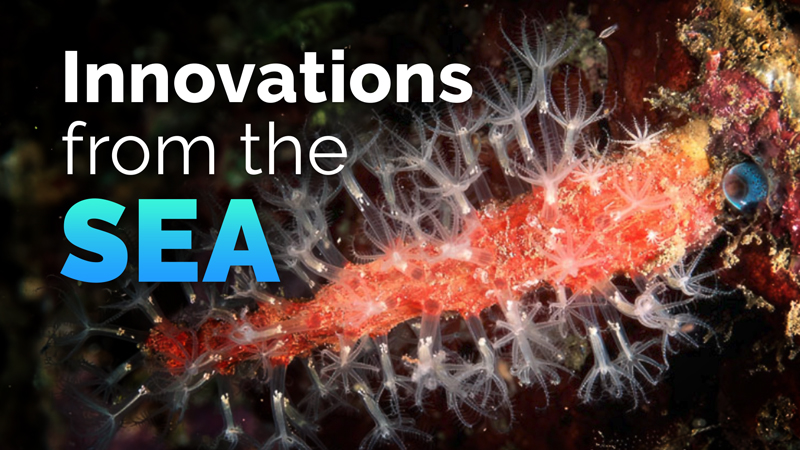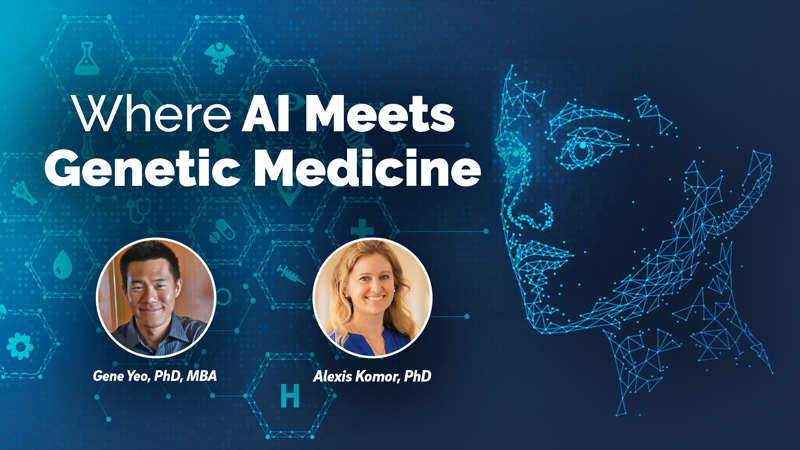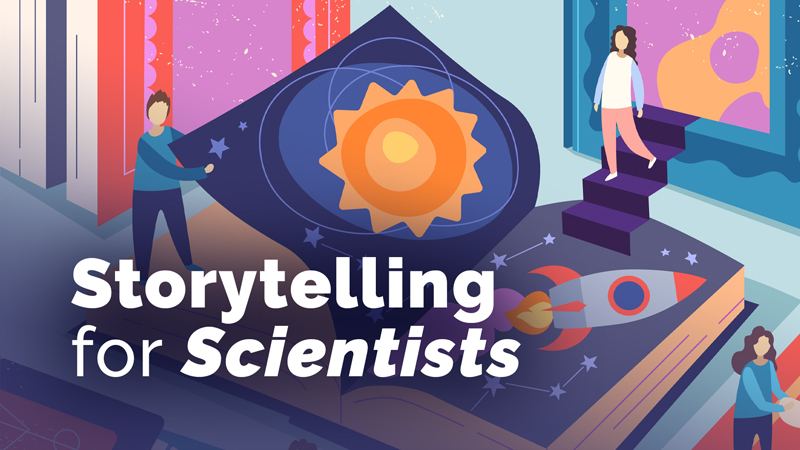-
Start the New Year Strong: UCTV’s Best of Health & Science

If your goal for 2026 is to boost your health, sharpen your mind, or simply feel your best, you don’t have to look far for expert guidance. UCTV (University of California Television) brings the latest in science-based wellness, preventive health, and mental resilience straight from the nation’s top researchers. As the University of California’s public-service…
-
Scripps Researchers Decode the Ocean’s Chemical Language

How do most organisms in the natural world communicate? According to researchers who study the ocean, it’s through the language of chemistry. At Scripps Institution of Oceanography, marine biologists Bradley Moore and Natalie Grayson explore how ocean life uses molecules as a kind of language—chemical cues that can shape what organisms do and how they…
-
Rewriting Our Story with Ancient DNA

Dramatic advances in ancient DNA technologies have revolutionized our understanding of the human past. Today, the genomes of more than 10,000 ancient humans have been sequenced. The new series from CARTA, Ancient DNA – New Revelations, explores the diverse applications of archaeogenomics in shaping not only a new vision of the human past, but also…
-
Tom Steyer on the Future of Energy

When climate investor and philanthropist Tom Steyer sat down with Scott Lewis of Voice of San Diego for the 2025 Charles David Keeling Memorial Lecture, one of the first things he talked about was a graph. Every morning, he checks the Keeling Curve, which he likens to “the Earth’s temperature,” comparing yesterday’s number with the…
-
AI and Genetic Medicine: Transforming How We Understand Disease

Artificial intelligence is reshaping how we understand the human body by making sense of vast amounts of biological data. In medicine, AI’s real promise lies in uncovering patterns hidden within the complexity of cells, genes, and proteins. This ability helps researchers move beyond treating symptoms and toward addressing the root causes of disease. At the…
-
From Fire to Freezers: The History of Eating

From mammoth hunters drying meat over open fires to today’s industrial food systems, the story of what we eat is deeply tied to human innovation. In this Osher UC San Diego Distinguished Lecture, Stanley Chodorow, Emeritus Professor of History at UC San Diego, traces this history by showing how food preservation began out of necessity.…
-
How to Talk About Research

What does it take to make science stick with an audience? According to Lisa Warshaw and Rob Signer, Ph.D., it’s not just about what you say, but how you say it. In a compelling conversation, they lay out the tools researchers need to communicate complex science clearly and memorably. Whether preparing for a media interview…
-
Science in the White House: Tackling the Triple Crisis

How do we solve climate change, protect biodiversity, and reduce inequality—without treating them as separate problems? That’s the question Jane Lubchenco, Professor of Marine Biology at Oregon State University and former Deputy Director for Climate and Environment in the White House Office of Science and Technology Policy, explored in a recent talk at UC San…
-
Built to Survive, Prone to Suffer: How Human Evolution Shapes Modern Health

Why do our bodies come with so many trade-offs—like back pain, difficult childbirth, or diseases linked to inflammation? Our newest CARTA series Mismatch: Human Origins and Modern Disease explores how different traits in the human body evolve over time—some as early as 1.5 billion years ago—and how those adaptations continue to affect our health today.…
-
Pier into the Past: Scripps Women Who Changed Ocean Science

The Birch Aquarium shines a spotlight on the remarkable women who have shaped the field of marine plankton research at Scripps Institution of Oceanography. Blending science, history, and art, Judit Hersko, presents her imaginative visual narrative series, “Pages from the Book of the Unknown Explorer.” Her performance transports viewers to the early days of Scripps…